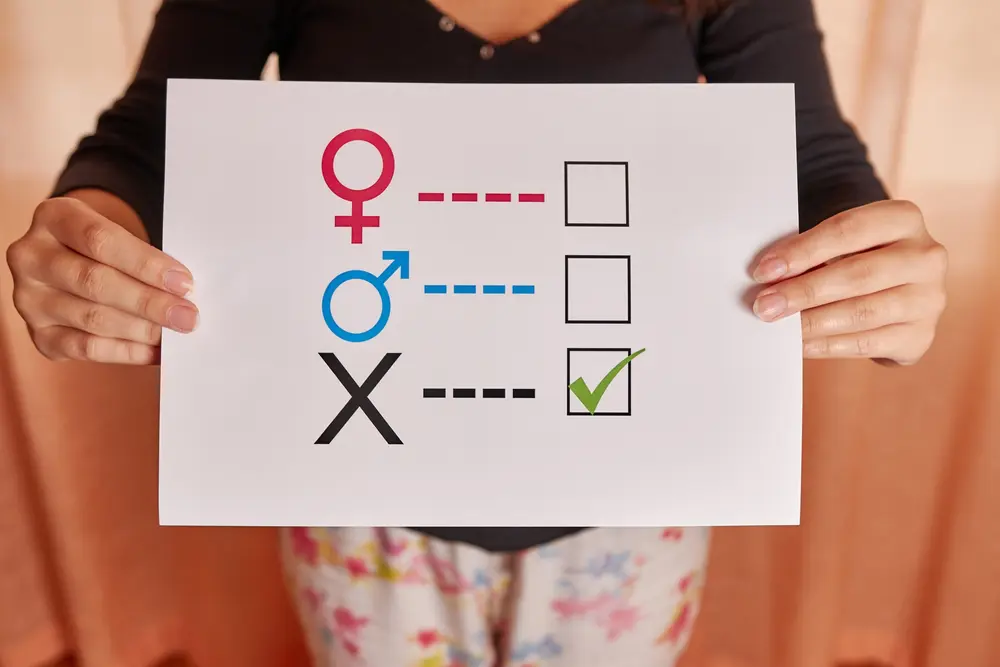
For several months now, the UK has been realising the seriousness of the facts concerning the administration of puberty blockers to minors, particularly in the wake of the scandal that rocked the Tavistock clinic specialising in gender transitions. The UK’s National Health Service has just made the decision to severely restrict minors’ access to puberty blockers—which will be limited to “exceptional circumstances.”
In July 2022, the NHS demanded the closure of the Tavistock clinic on the grounds that the treatments provided there were inappropriate and sometimes even dangerous for children. Now, as of this past Friday, June 9th, the NHS has broadened the lessons from Tavistock to apply to all clinics treating gender identity disorders.
At the same time, the NHS has requested an impact study be launched to clarify the exact effects of these puberty blockers.
The UK is not the only European country to adopt a cautious approach to the sensitive issue of gender identity. Sweden is also backtracking on the issue of puberty blockers for minors.
Switzerland, one of the Western countries with one of the highest rates of people identifying as neither male nor female—according to a recent survey by the IPSOS Institute—bears all the hallmarks of a socially progressive country. But in December 2022, after much prevarication, the Swiss government decided to omit a third gender or neutral gender option in official documents, on the grounds that “the binary gender model is still strongly anchored in Swiss society.” This position has just been confirmed in a recent appeal ruling by the Supreme Court of the Swiss Confederation, following the request of a person born female and living in Germany, who wished to be registered on her Swiss documents as non-binary.
The procedure for changing gender has been simplified in Switzerland since 2022, but official documents still list only male and female as options.
